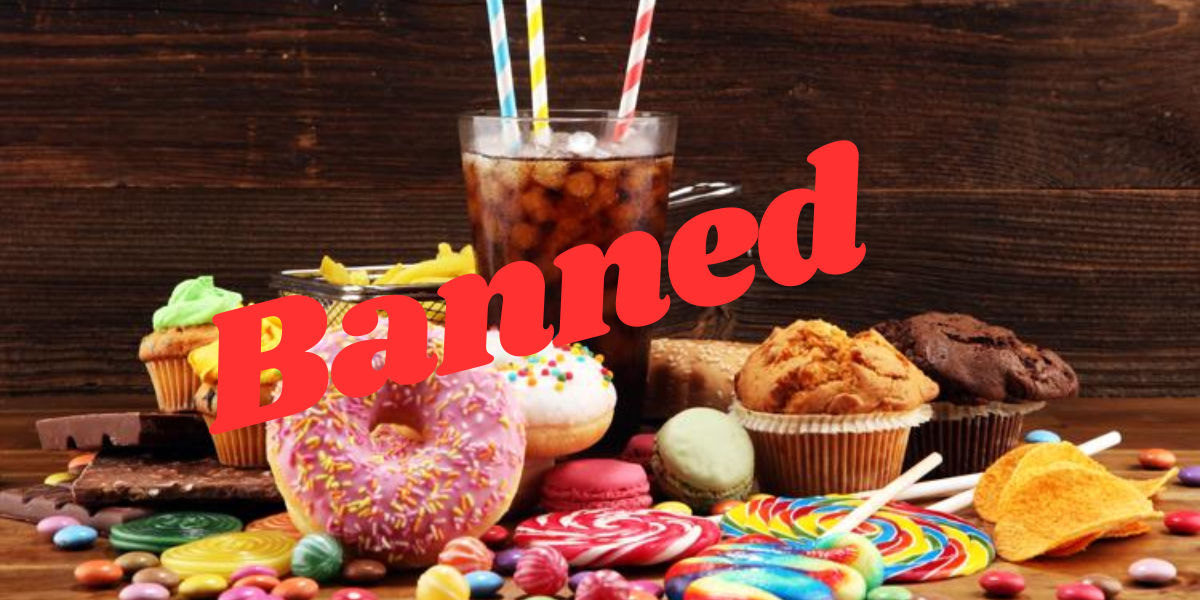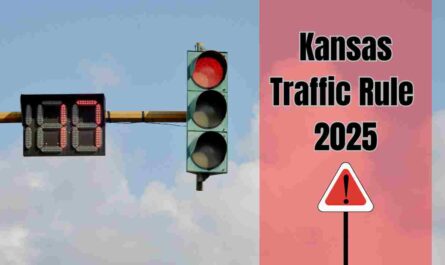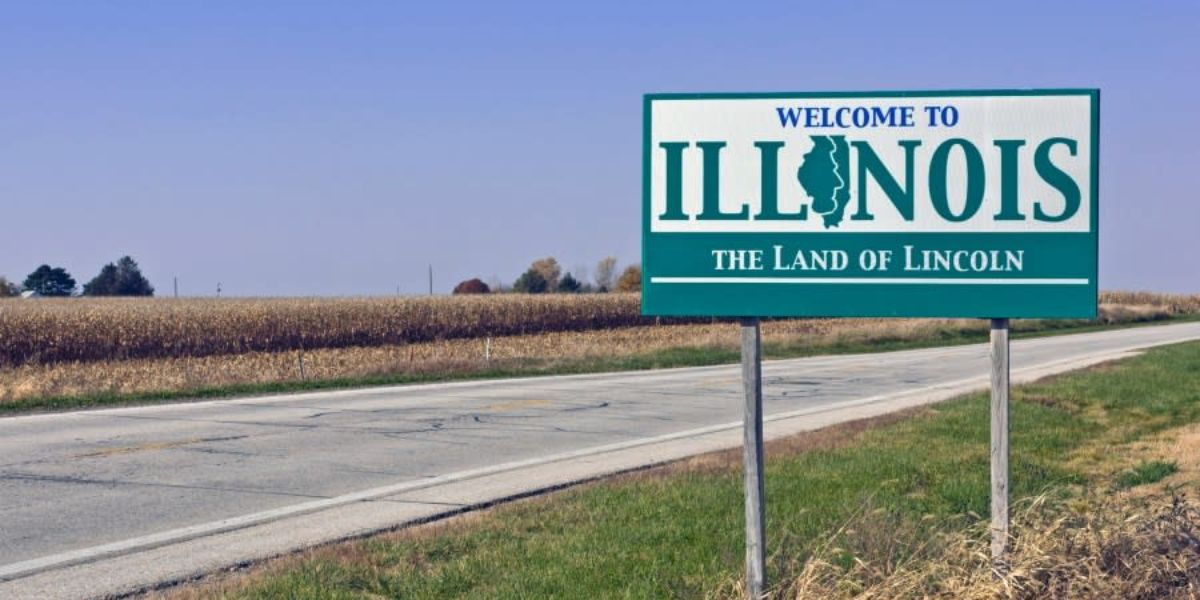The state of Indiana is making a significant move toward reconfiguring the ways in which the Supplemental Nutrition Assistance Program (SNAP) benefits can be utilized. On May 23, the office of Governor Mike Braun made the announcement that the United States Department of Agriculture (USDA) had granted the state’s request to prohibit the use of its Supplemental Nutrition Assistance Program (SNAP) to purchase sweets and soft beverages. Beginning on January 1, 2026, the modification will become effective.
The Implications of the Ban
With this action, Indiana becomes one of just four states to prohibit the purchase of sugary foods under the Supplemental Nutrition Assistance Program (SNAP), joining Iowa, Nebraska, and Texas in doing so. With the intention of encouraging recipients to make healthier dietary choices, the ban provides a broad definition of candy and soft drinks.
The Supplemental Nutrition Assistance Program (SNAP) is currently relied upon by around 610,000 inhabitants of Indiana, which is approximately 9% of the state’s total population. In the year 2022, the person received an average benefit of $7.57 per day.
The reform, as underlined by Governor Braun, is a component of a larger initiative to “Make America Healthy Again.” He made the following statement: “This move, which is based on common sense, returns the Supplemental Nutrition Assistance Program to its intended purpose, which is nutrition.”
An Explanation of the Reasons Behind the Ban
According to the office of Braun, the most common kind of beverages that are purchased using SNAP benefits in the state of Indiana are sugary drinks. A trend that was investigated in academic work by Professor Dinesh K. Gauri of the University of Arkansas is that SNAP participants frequently spend more money on “sweetened, hedonic foods” than they do on fruits and vegetables. This pattern is supported by research.
Low-income communities, who are the most prevalent recipients of the Supplemental Nutrition Assistance Program (SNAP), frequently have fewer inexpensive and healthful food options, and they are also more extensively targeted by marketing for junk food.
Concerns raised by members of the community
Participants in the Supplemental Nutrition Assistance Program (SNAP) exhibited a range of responses when they visited the Gleaners Food Pantry in Indianapolis.
SNAP recipient Carrie Klein, who has been using the program for a long time, is concerned that the prohibition may have unforeseen repercussions. Because you are making the lives of other people more difficult, criminal activity is likely to increase, she said. People are losing their employment as a direct result of your actions. At these department stores, there is a high probability that there will be confrontations or disagreements,”
She also mentioned that birthdays and holidays will be more difficult for families to deal with. In the end, it is detrimental to the children. Birthdays and holidays are two occasions that children eagerly anticipate. The greatest impact will be felt by them as a result of this.
On the other side, Violet Moody, a teacher at Avon High School, believes that possibly beneficial outcomes could occur. Her response was, “I believe that it is a fantastic idea.” On a daily basis, I’ve witnessed children bringing junk food to school for lunch. There is a possibility that this could be a beginning toward healthy behaviors, but perhaps it shouldn’t be an all-or-nothing attitude.
Challenges Presented by Implementation
The responsibility of implementing the new laws will fall on the shoulders of retailers all around the state of Indiana. The Secretary of the United States Department of Agriculture, Brooke Rollins, acknowledged the difficulty of the situation and pledged to working with the state to oversee the implementation. One of the plans is to define what the enforcement will look like at the retail level, and another plan is to evaluate the impact through quarterly reporting.
Regarding the Future
Indiana has sufficient time to develop its systems and communicate effectively with both shops and SNAP members because the restriction will not go into effect for more than a year’s time.
In the meantime, Robert F. Kennedy Jr., the Secretary of the United States Department of Health and Human Services, expresses his admiration for the action and urges other states to follow Indiana’s example. According to what he said, “Together, we can make America even healthier again.”
Key Dates:
- Ban Announced: May 23, 2025
- Goes Into Effect: January 1, 2026
- Trial Period: Two years
What’s Banned:
- Soft drinks (broadly defined)
- Candy (broadly defined)
Still Allowed:
- Fruits, vegetables, grains, proteins, and other essential groceries


 by
by 

